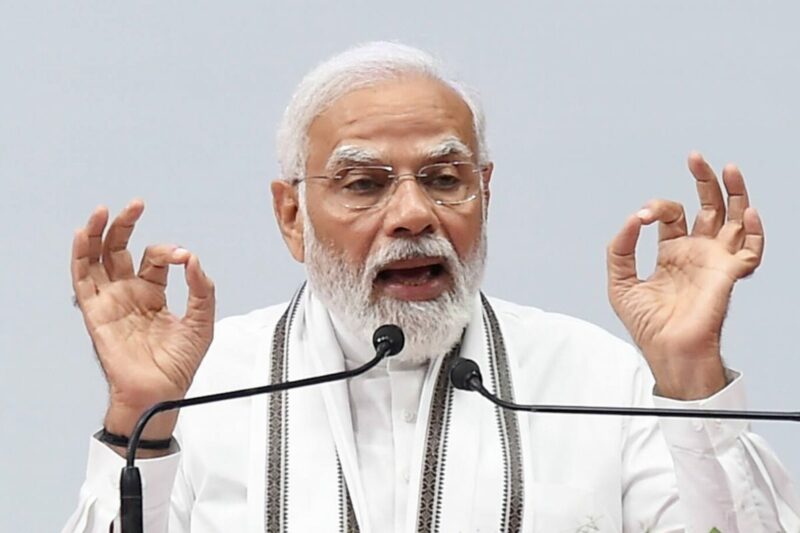Modi sparks political storm with anti-minority civil code
BJP says common code is necessary to ensure gender justice, equality through uniform application of personal laws.
Nine months before the general elections, Indian Prime Minister Narendra Modi and his Hindu nationalist Bharatiya Janata Party (BJP) have dusted off a potentially divisive plan to enact a Uniform Civil Code (common set of personal laws for all, irrespective of religion).
Currently, India’s Hindus, Muslims, Christians and large tribal populations follow their own personal laws and customs, alongside an optional secular code, for marriage, divorce, adoption and inheritance.
The Law Commission, a government-appointed advisory body, has sought public opinion on creating a Uniform Civil Code (UCC). It had received more than five million responses online on the eve of the deadline.
The BJP says the common code is necessary to ensure gender justice, equality through uniform application of personal laws, and to foster national unity and integration.
“If there is one law for one family member and another for another family member, can that family function smoothly? How can a country function with such dual systems?” Modi said at a BJP meeting late last month, just days after he returned from state visits to the U.S. and Egypt.
The comments were his most forceful in favour of the common code and set off a political storm.
“The idea is to send a message to the majority community so that you are able to keep the majority community polarised in favour of BJP,” said Sanjay Kumar, political analyst and psephologist at New Delhi’s Centre for the Study of Developing Societies.
“This is a kind of a tool to divide and mobilise,” he said.
India’s Muslims, the country’s largest minority with about 200 million of the 1.4 billion population, are mostly sharply opposed to the plan.
Although no draft of the Uniform Civil Code has been presented, BJP leaders have said it primarily has to do with reforming Muslim personal laws as other personal laws have progressed over the decades.
Many Muslims say they see it as interference with centuries-old Islamic practices and another weapon for BJP, a majoritarian political party, they see as anti-Muslim.
The All India Muslim Personal Law Board, a voluntary body that represents the interests of Indian Muslims on personal law issues, has sent its objections to the Law Commission saying “mere projection of uniformity is not a valid ground for uprooting established systems of laws governing personal matters”.


Comments are closed.